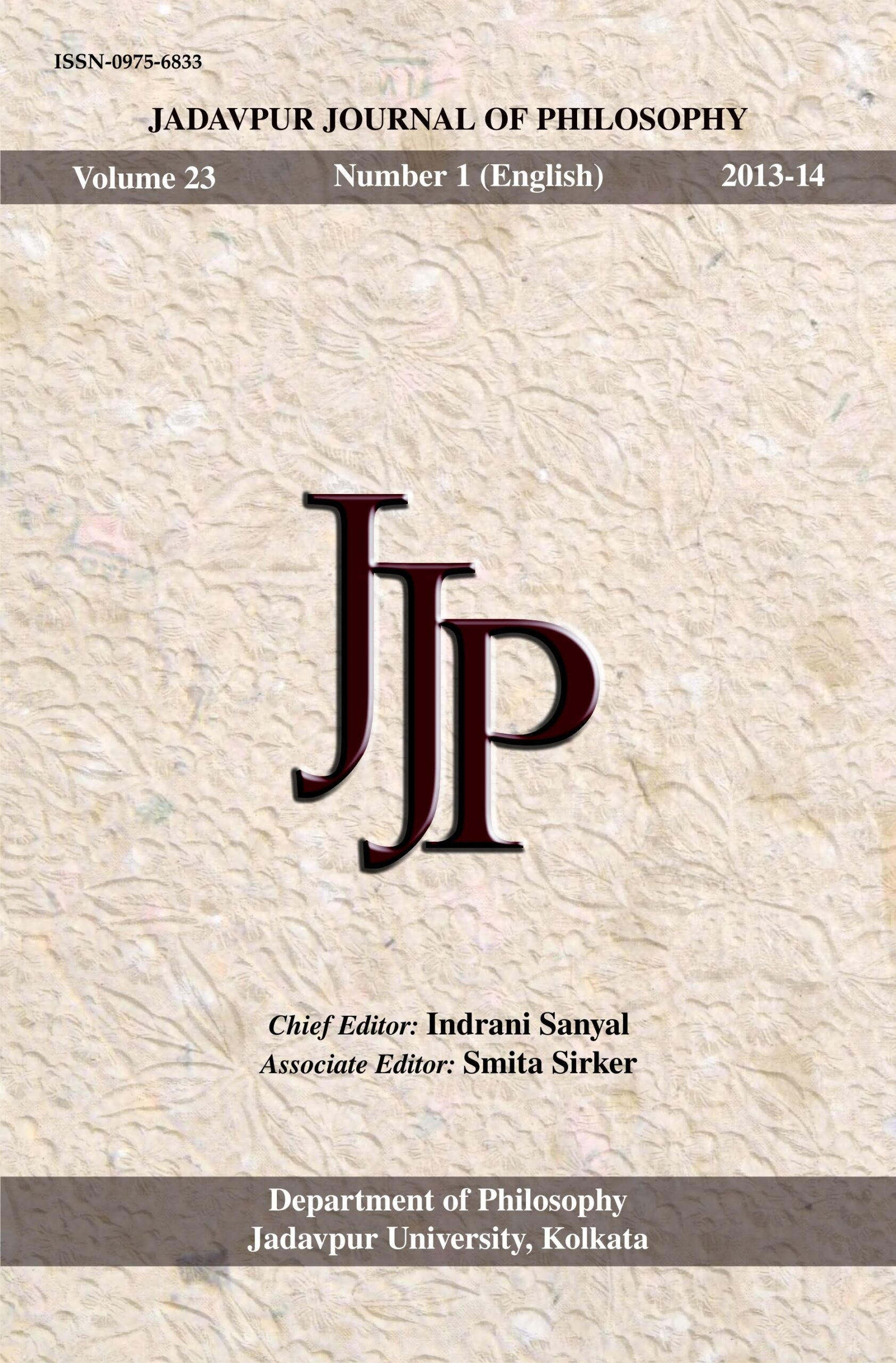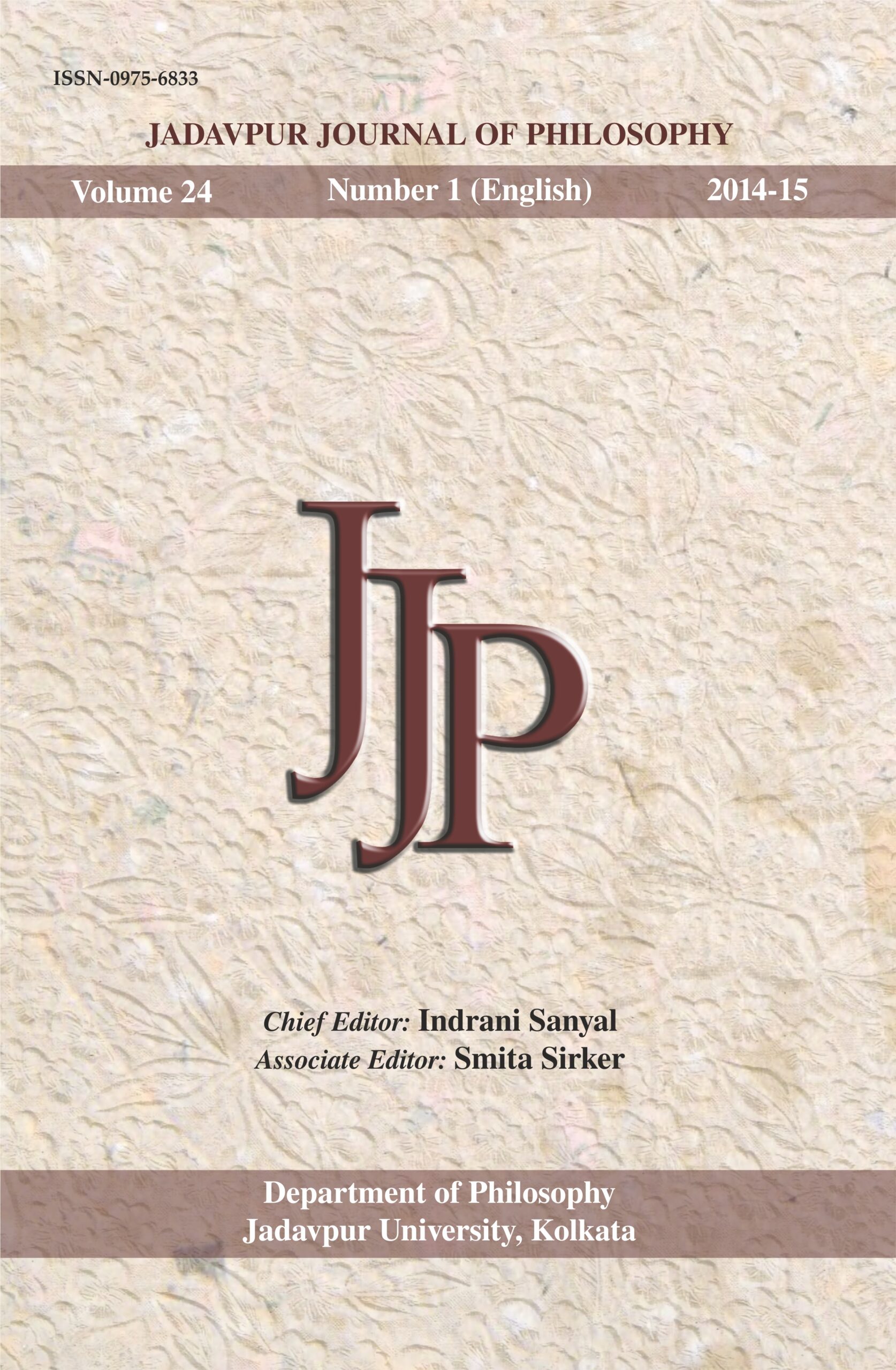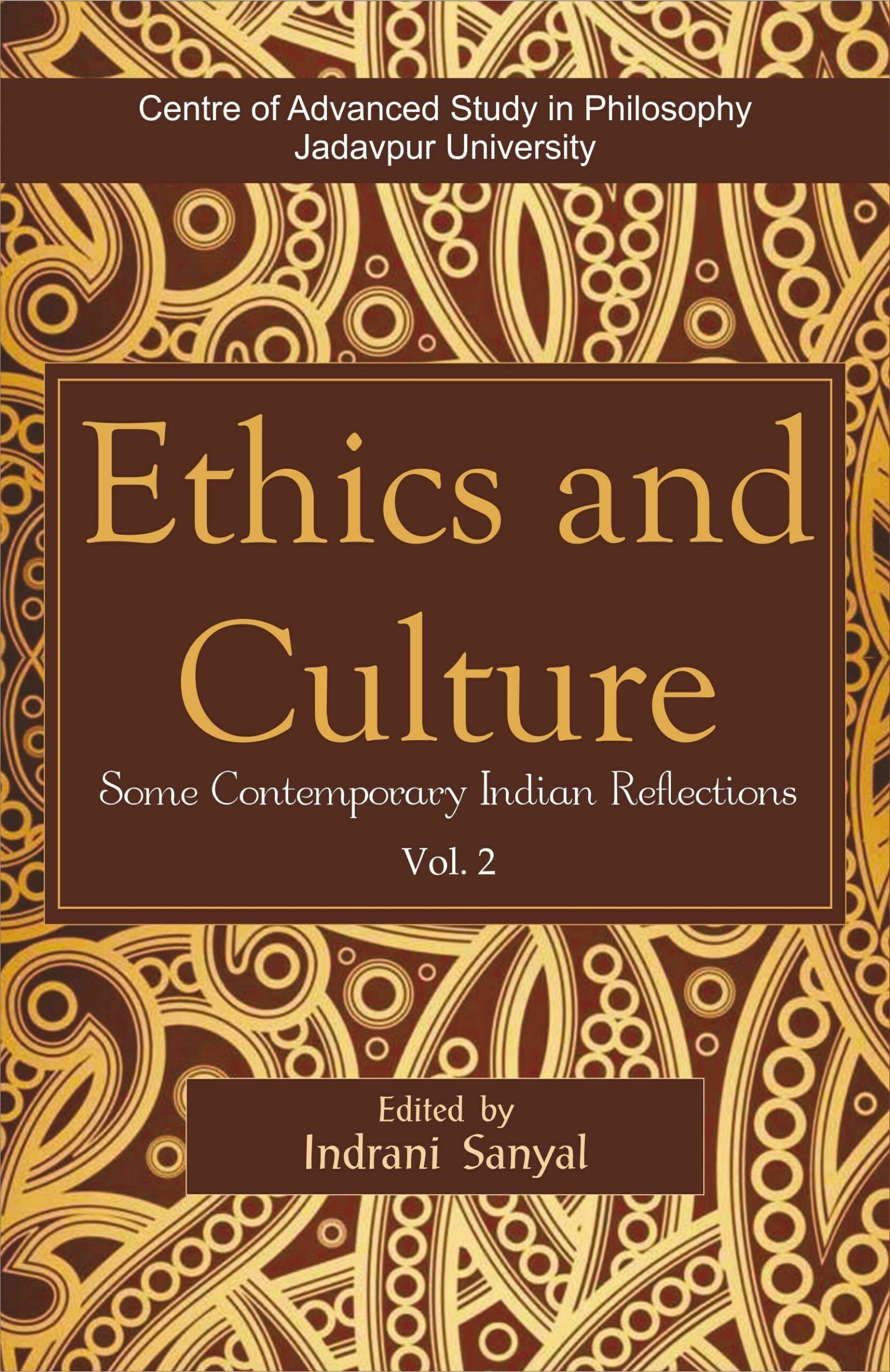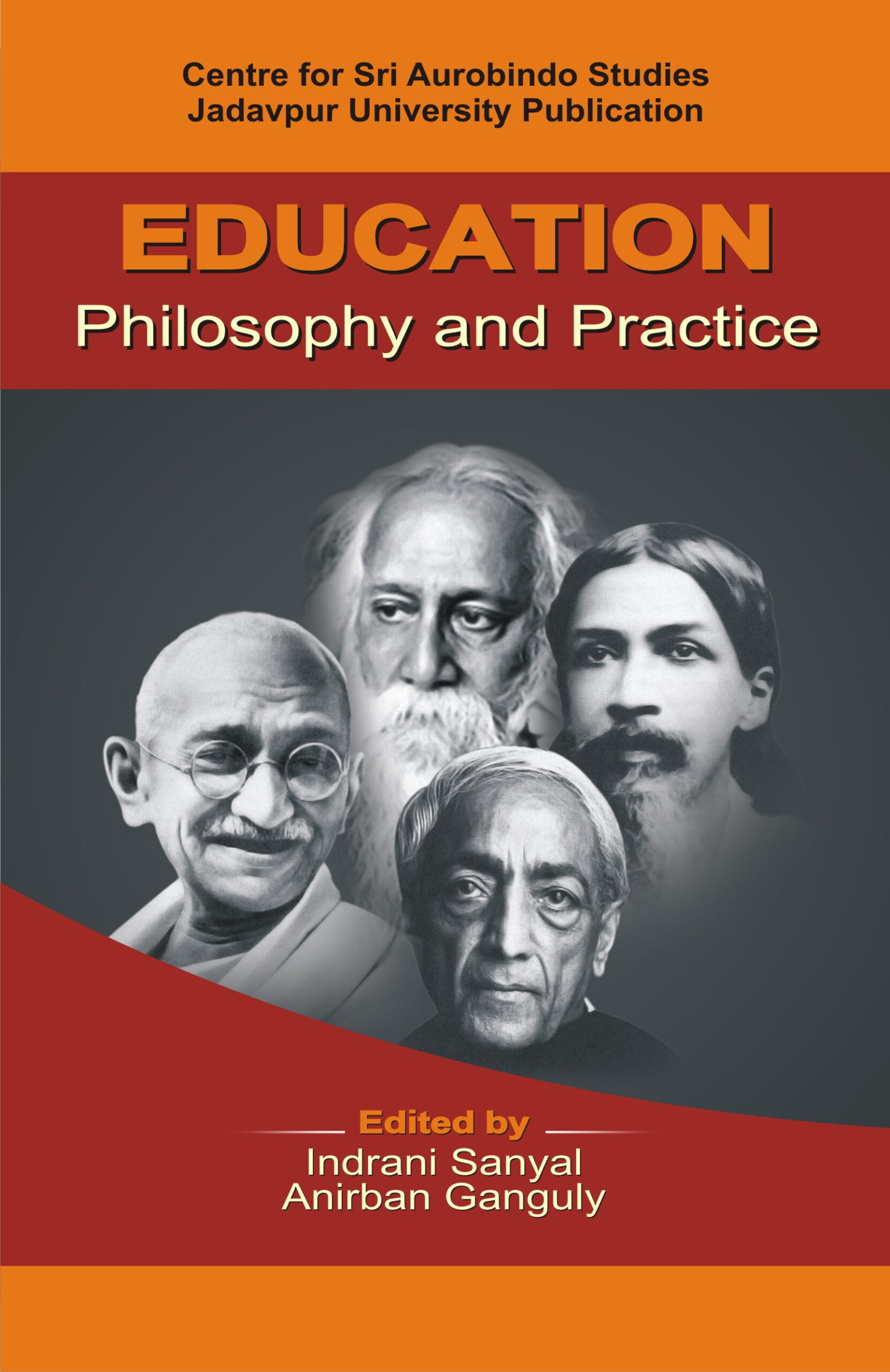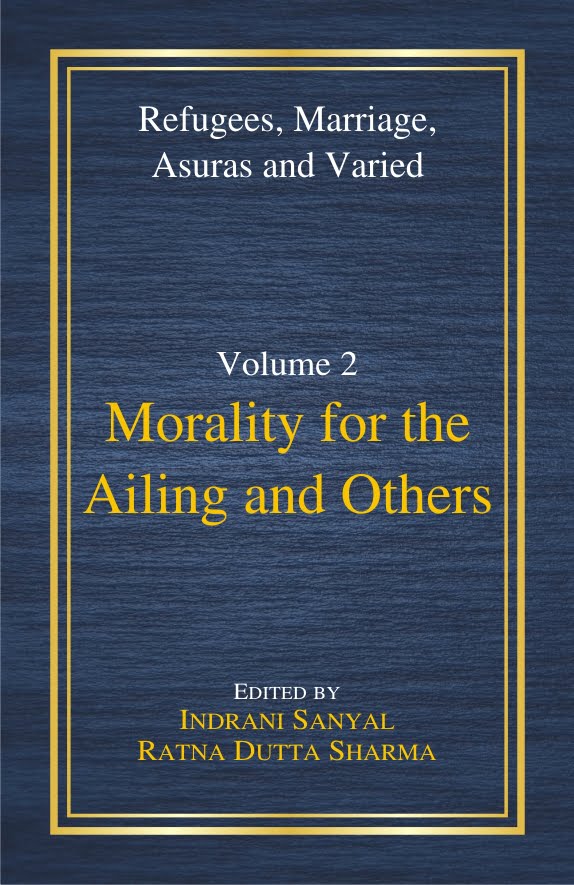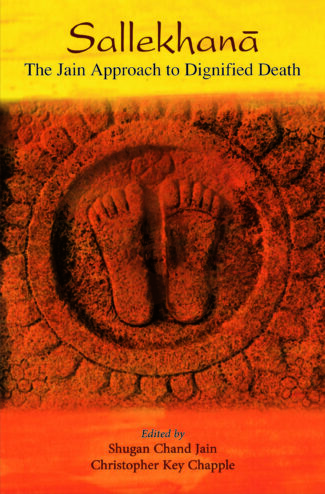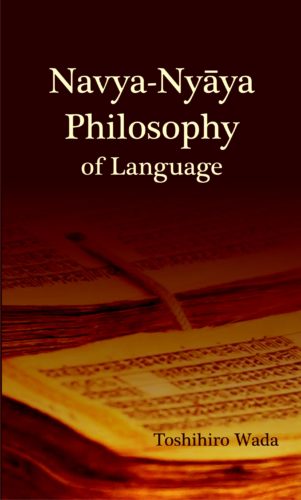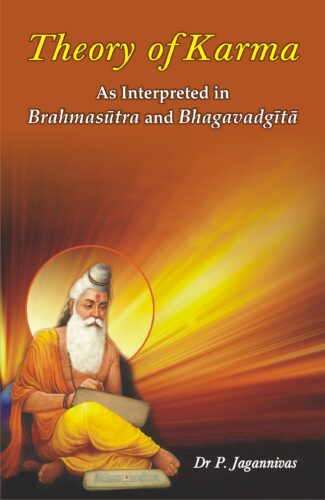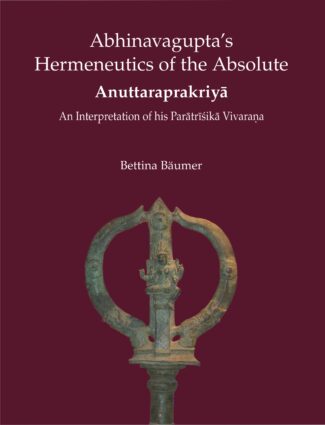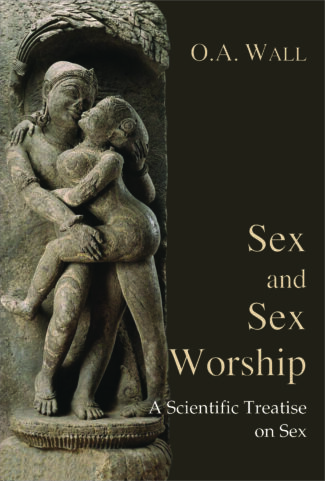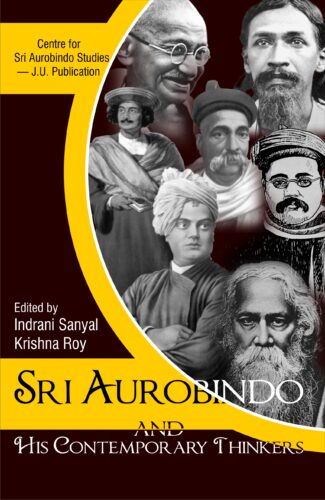

Sri Aurobindo and Hi...
Sri Aurobindo and His Contemporary Thinkers
by: Indrani Sanyal , Krishna RoyThe book studies the contributions of some of the illustrious persons like Rammohan Roy, Gandhi, Tagore, Gokhale and Satish Chandra to the socio-cultural and spiritual life of late eighteenth to nineteenth century, and aims at situating Sri Aurobindo’s thoughts vis- -vis those of his contemporaries.
$24.00
ISBN: 9788124604281
Year Of Publication: 2007
Edition: 1st
Pages : ix, 350
Bibliographic Details : index
Language : English
Binding : Hardcover
Publisher: D.K. Printworld Pvt. Ltd.
Size: 23
Weight: 700
The period spanning the latter half of the eighteenth century and the nineteenth century in India was marked by a reawakened national spirit to reinterpret Indian traditional values in modern light. This book, comprising deliberations presented at a national seminar, discusses some of the illustrious persons of that period who by their ideas and actions enriched the socio-cultural and spiritual life of the period. Researchers study the period of Sri Aurobindo, his contributions as well as those of his contemporaries including Raja Rammohan Roy, Mahatma Gandhi, Tagore, Gokhale and Satish Chandra. The aim is to situate Sri Aurobindo’s thoughts in its socio-cultural background and study the contributions of his contemporaries to bring out the distinctiveness of Sri Aurobindo. The essays deal with Sri Aurobindo’s philosophy of nationalism, his view of Indian renaissance and Ireland’s national and cultural renaissance and his attitude towards national education. They take up interpretations of violence and non-violence by Sri Aurobindo and Mahatma Gandhi, Vivekananda’s outlook about morality, caste system and dharma, and response of Aurobindo, Tilak and Gokhale to Western imperialism. An interesting effort is made to compare the thoughts of Sri Aurobindo and Tagore towards the revolutionary movement and reveal Aurobindo’s perception of Tagore’s poetry. The book will be useful to historians, political and social thinkers, besides the general readers.
Preface
Introduction
1. Sri Aurobindos Philosophy of Nationalism, Internationalism and Contemporary Crisis
— Kireet Joshi
2. The Distinctiveness of Sri Aurobindos View on Indian Renaissance
— D.P. Chattopadhyaya
3. The Bengal Renaissance : Different Interpretations
— Rakhal Chandra Nath
4. Sri Aurobindo on the Possibility of Renaissance in India
— Dilip Kumar Roy
5. Sri Aurobindo and Ireland : A Critical Study
— Dilip Kumar Chatterjee
6. National Education Movement and Satis Chandra
— Rama Prasad De
7. Bengals National Council of Education and Sri Aurobindo
— Amal Kumar De
8. History As Applied Metaphysics
— Indrani Sanyal
9. Some Renaissance Aspects of Vivekanandas Thoughts
— Tirthanath Bandyopadhyay
10. The Western Imperialistic Challenge: Aurobindo, Tilak and Gokhale
— Aparna Banerjee
11. Significance of Tagores Poetry in the Indian Renaissance : Sri Aurobindonian Perspective
— Supriyo Bhattacharya
12. The Revolutionary Movement : Tagore and Aurobindo
— Manjula Bose
13. Philosophy of Krishna Chandra Bhattacharyya
— Tara Chatterjea
14. Acharya Brojendranath Seal : His Aesthetic Ideas
— Sudhir Kumar Nandi
15. Outlook Towards Women : Influence of Indian Renaissance
— Madhumita Chattopadhyay
16. Raja Rammohan Roy : Forerunner of Womens Liberation Movement
— Krishna Roy
17. Violence or Non-violence : Interpretations by Sri Aurobindo and Mahatma Gandhi
— Sushmita Bhowmik
18. Sri Aurobindo, Mahatma Gandhi and Indias Freedom Struggle : From Swadeshi
to Non-cooperation
— Sujata Mukherjee
The Contributors
Index







